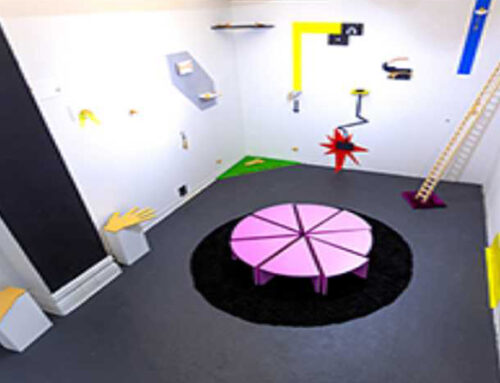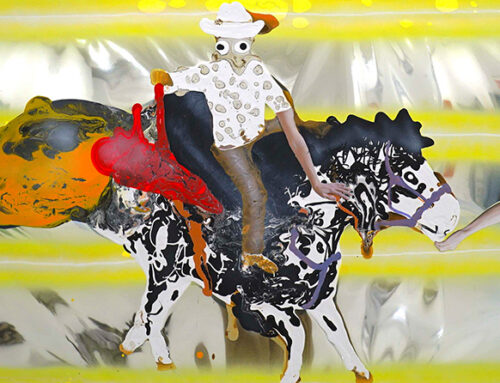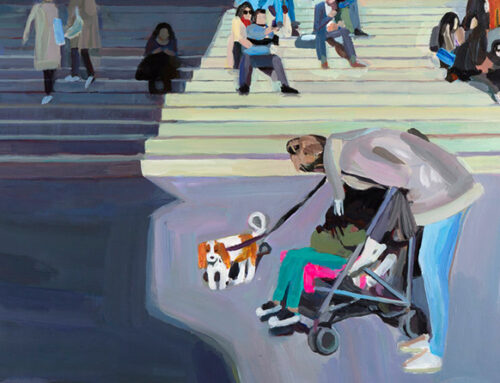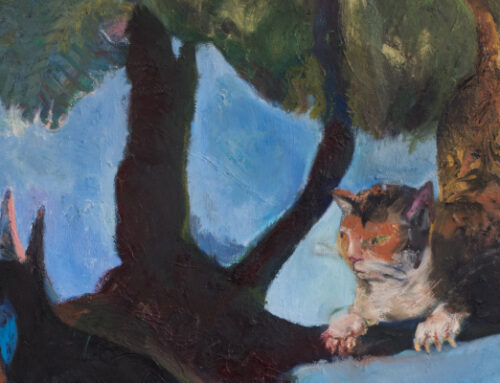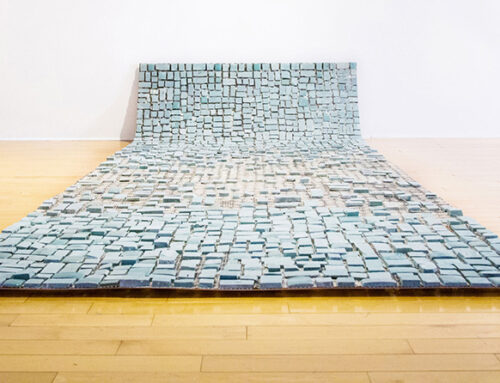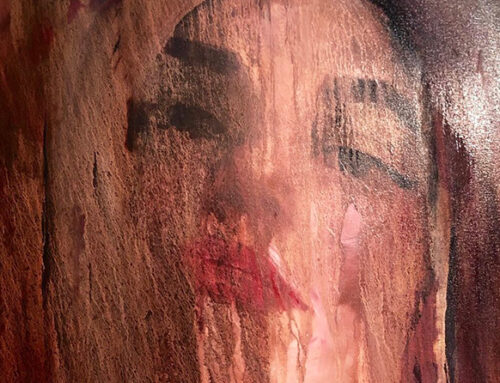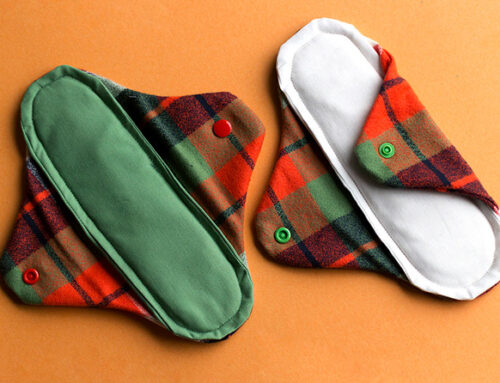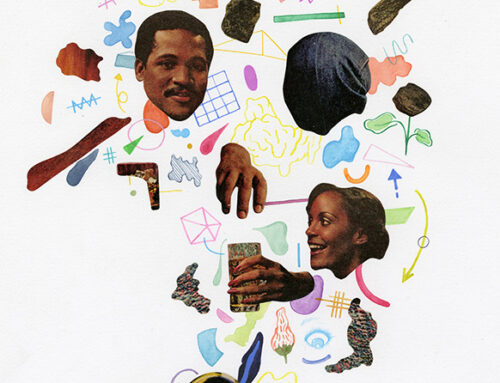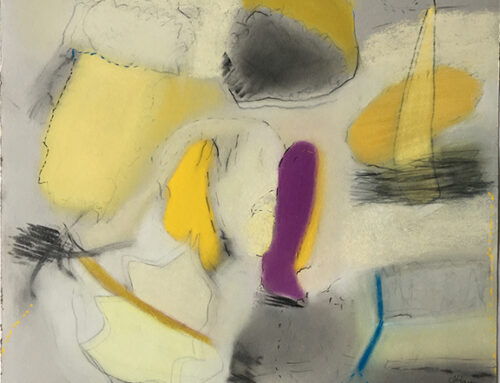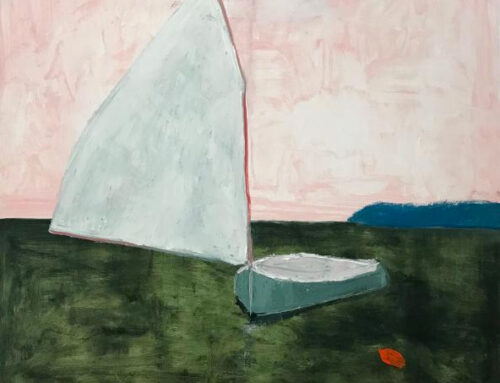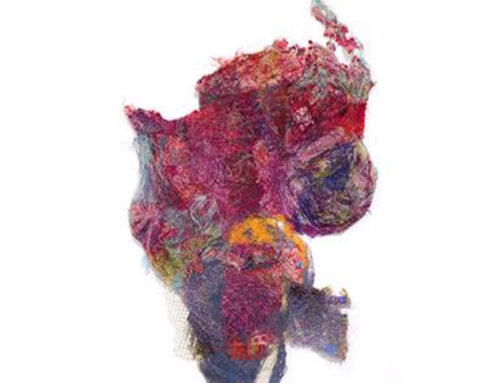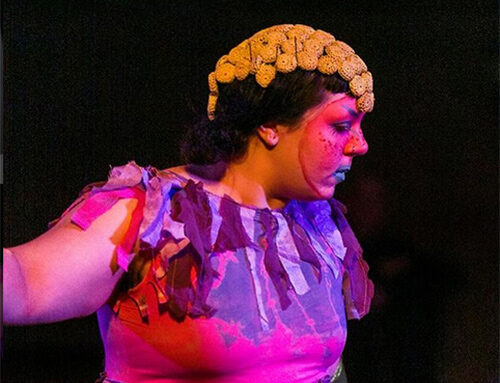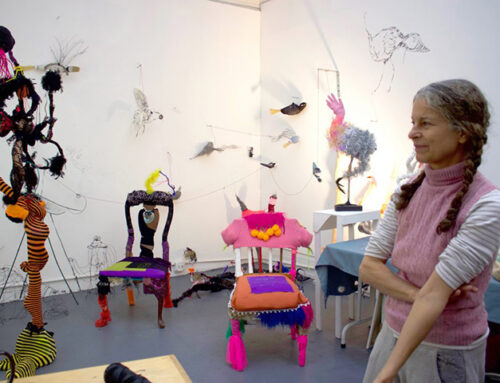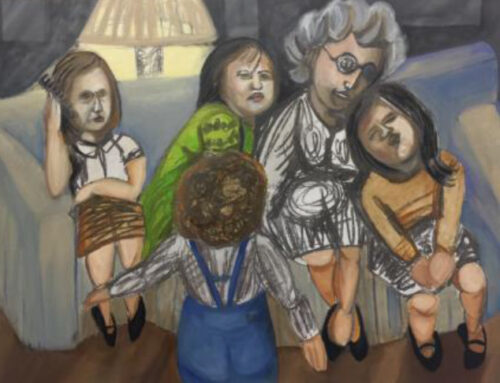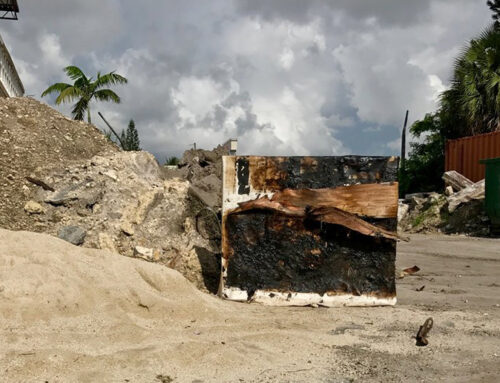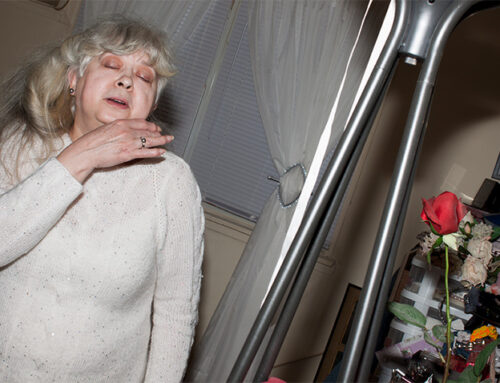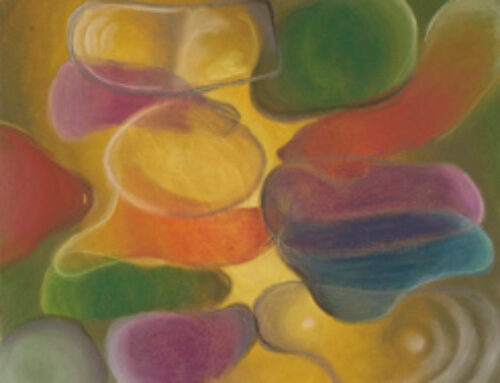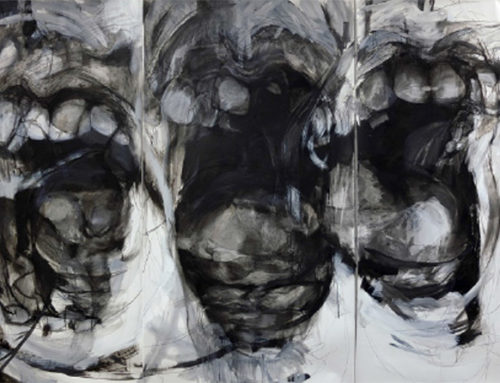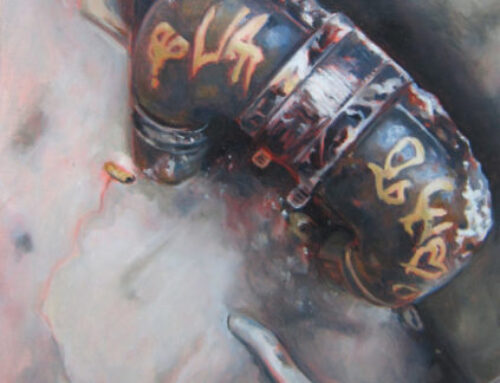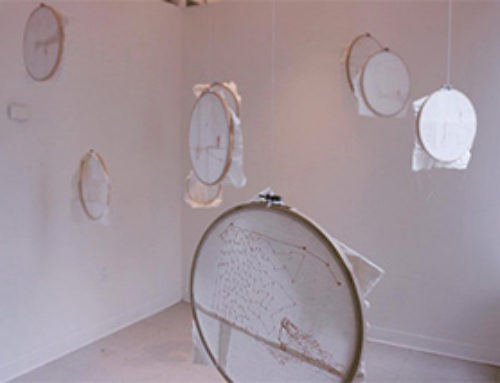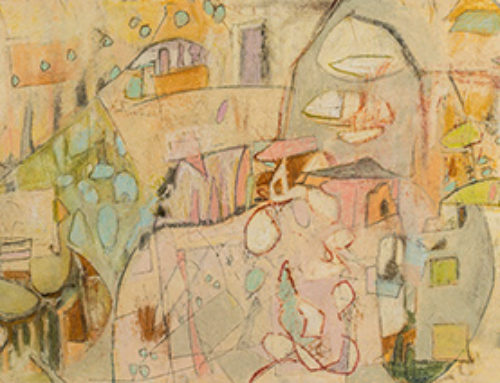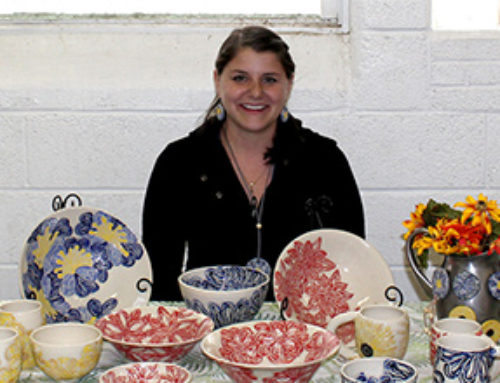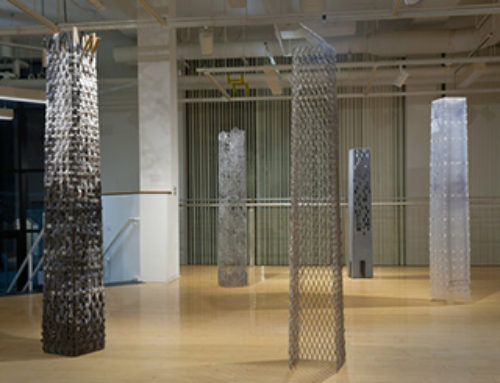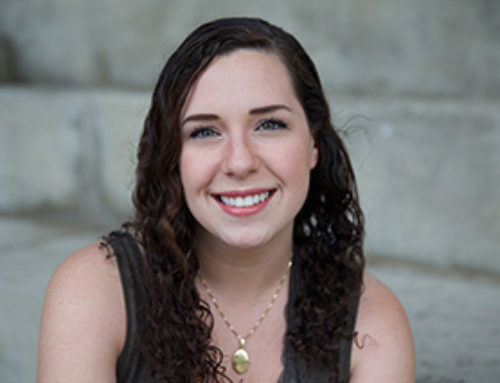
Ellen, acrylic on canvas, 36 x 48 in.

Building Blocks, acrylic on canvas, 40 x 60 in.

Suzy and August, acrylic on canvas, 48 x 48 in.
NATASHA JABRE | INTERVIEW QUESTIONS
Q. How did your passion for art begin taking shape for you – at home, school, a mentor, and other artists who inspired you, or a personal experience that started the fermenting process?
A. My mother encouraged me to make art from an early age. I was an active child, she tells me, and it was the only way to keep me out of trouble. With her guidance, artmaking transformed into a daily habit, a way for me to give expression to my feelings and frustrations. Now, when I go a day without painting, I feel out of place. When I left for college, my mother remained my artistic role model. Both a graphic designer and a producer of religious icons, my mother is a constant source of inspirations.
Q. How would you describe your artwork, in terms of materials or mediums? Has it changed or evolved since formal training and what are your goals for it?
A. I paint using acrylics, but my techniques, such as glazing and underpainting, are just as at home in oil painting. My preference for acrylics is based on my long experience using them (over 10 years) and their amazing consistency. Although my medium has not changed throughout the years, the way I use it has change drastically. I used to make a lot of flat, color field paintings, and I am just now exploring volume, light and atmosphere. I am really excited by where my work is headed.
Q. How important is a personal style to you as an artist or does your work reflect larger social and cultural issues?
A. More important than a style, in my opinion, is a clear vision of what the artist wants to make and the skills they need to make it into a reality. Take my new body of work, for instance. My work deals with situating models in bright and colorful backgrounds. That is a vision I have had for many years, but I have only recently taken the time to practice and sharpen my skills so that I can transform this vision into a compelling picture. Now that I am making work that is true to me, I can start branching out to explore social issues. Art is a long journey, and I have faith that deep truths lie in store for those that dedicate their lives to it.
Q. Has being a woman affected your work and others’ perception of it? How do you feel about being part of a woman’s art organization?
A. Regardless of sex or gender, I feel it is difficult to find a voice in today’s art world. Social norms change so quickly and the future seems so unpredictable that success feels at times like a lottery. But we must believe that success is a function of hard work and not sexism. That is why I am so appreciate to NAWA, which seeks to support not only my artistic voice, but also those of women like me. Together, we can help elevate art towards a shared, cultural experience.



